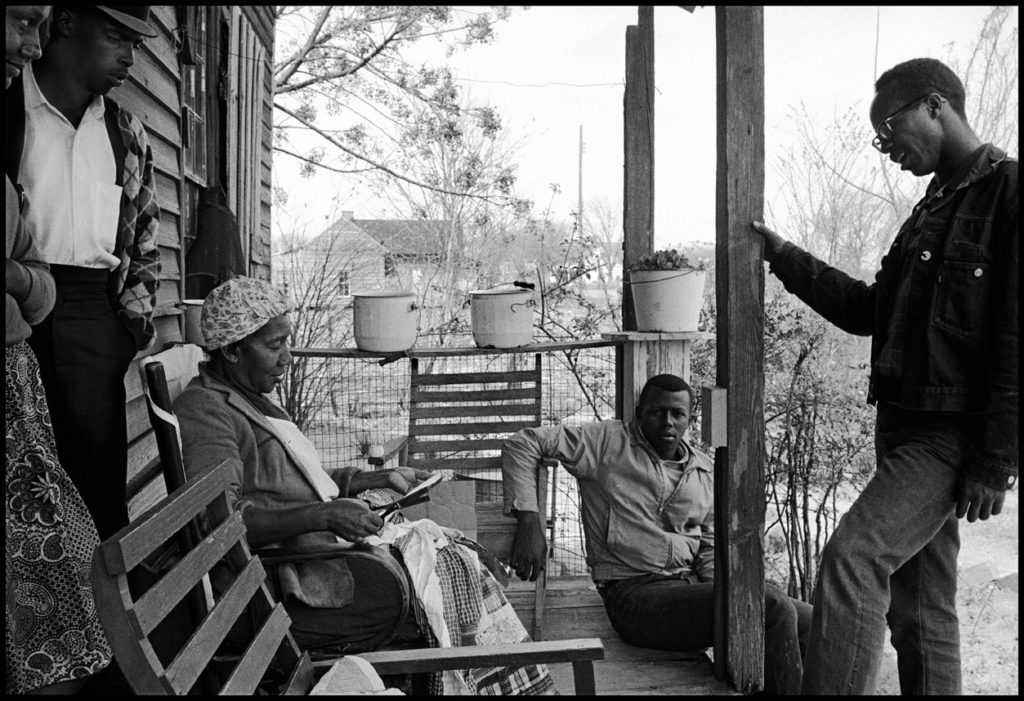Photo: New Communities, Inc., via Duron Chavis
The FWD #133
289 Words
Some are looking to the past to see the direction of housing’s future.
We are in the midst of big changes. Our future must be different from our past. So how do we imagine what the future may hold? What bright ideas can we create to shape the future of housing? If we will not go back to the way things were, where will we be going?
Perhaps during this time of unknowns, we can best prepare ourselves for imagining new futures by listening to the past for seeds of change. Identifying voices in the world who are challenging us to think differently. One such voice is prominent food justice activist and affordable housing advocate, Duron Chavis. In his recent article on the history and future of Community Land Trusts (CLTs), Chavis imagines a future where housing and food security are linked.
Community Land Trusts originated out of the civil rights movement in the South in the 1960s. They were initially conceived of by organizers focused on black farmers and land ownership. Understanding that access to land equals control of one’s destiny, the founders of the Community Land Trust movement sought to steward land for collective, equitable uses such as housing and economic opportunity in perpetuity. In Virginia, there are two CLTs operating, one in Charlottesville and one in Richmond, with a third in the works statewide.
Chavis uses the CLT model to imagine a future where we can “build wealth collectively and safeguard wealth as community.” He speaks about the origins of the CLT movement in Georgia where organizers saw CLTs as a way to create “economic development using agriculture as the base.” In short, Chavis challenges us to resurrect this historic tool to “imagine black futures that are inclusive of black people having and owning homes and food to eat.”
